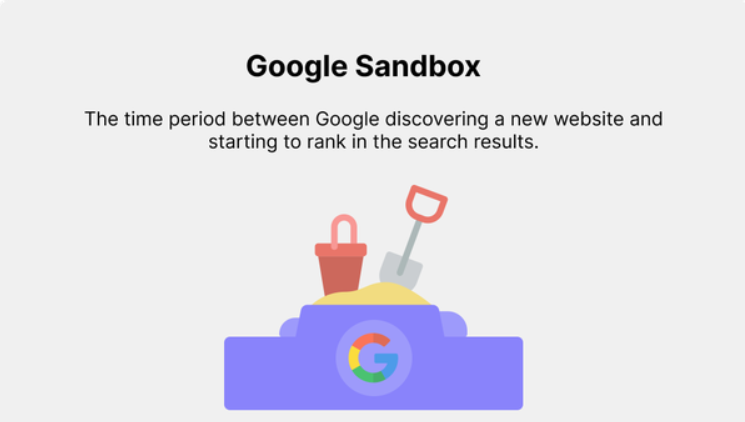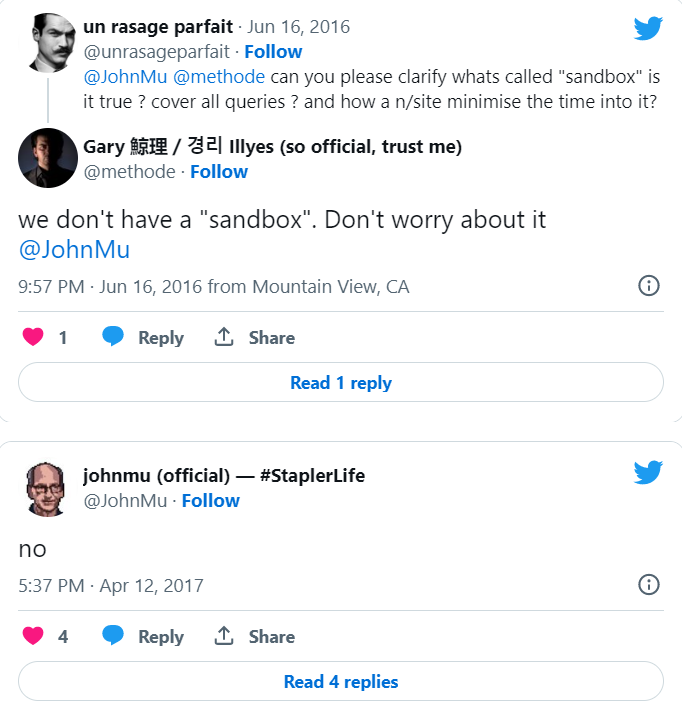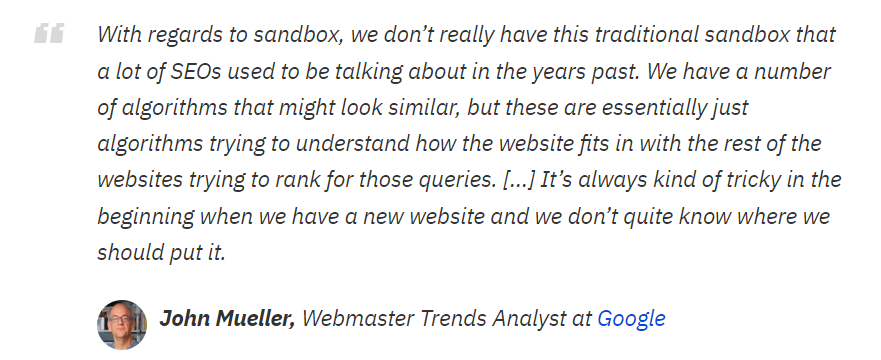What is a sandbox? What does the term sandbox mean in SEO? Sandbox is a term linked to Google. Sandbox is a penalty given by Google where all the pages created by the user are restricted. These pages will not be available to audiences until Google does a deep analysis and considers them relevant.
This happens with newly developed websites, as Google considers the older SERP pages much more relevant. However, Google does not believe in this concept. But this phenomenon is considered a problem by SEO experts.
What is Google Sandbox in SEO?
This issue can last for a period of 6 to 8 months. After that, your targeted page will start showing up in the SERPs. This completely depends on the keyword and its search data.

History of Google Sandbox
Many of the experts believed that it was because Google wanted to display high-quality content on SERPs. Writing content for a keyword does not guarantee any results, your website should be trustworthy and relevant, and it must establish topical authority.
Even if you apply a perfect SEO strategy to your content, your website might still not rank for the keywords. This can happen due to the following factors:
1. High Competition
If you are writing content for a high-competition keyword, you will not rank. Even if you have optimized your content with the perfect SEO strategy, it does not pay off at all. For you to rank, you will have to depend on low-competition keywords. However, you will have to compromise on the search volume.
This method can be applied until you build topical authority and decent domain authority. Therefore, after this, Google will decide that you have good topical authority and will thereby reward you by reducing the sandbox period.
2. Lack of Good Content
Creating a relevant topic plays an important role in ranking. If your website is not relevant to the content, then Google will sandbox it. In order to avoid this, you will have to do proper keyword research and curate content around it.
You will have to create multiple pieces of content around topics related to your niche so that Google will understand that your website is relevant to the topic discussed and will give you the topical authority to rank higher on SERPs.
3. Absence of good quality backlinks
In order to rank higher in the SERPs, you will need a good backlink profile. The better the quality of backlinks the more the chances the website will rank on SERPs. Here, the quality depends more than the quantity. Moreover, if there is a drop in quality or if you are forcibly building backlinks, you will see a drop in rankings.
The perfect your content is, the more people will start linking to it. In this way, you will start developing E-E-A-T through your content.
4. Lack of user signals
The ranking of a website also depends on how a user interacts with it. The more users interact with your site, the higher it will rank. If Google finds out that there is no traffic coming to your website, then it will sandbox it.
Include your keywords in your content and around reviews, and Google will start picking them up and pushing you up the rankings.
Does Google Deny the Sandbox Exists?
Well, Google really does not agree with the term sandbox. They have said that there is some algorithm that makes sure that the websites are fit for the query that the users are searching for. This algorithm is similar to the term “Sandbox” which SEO experts have stated over the years.
Here are some of the proofs:

This is what John Muller from Google stated in 2018 regarding the sandbox effect.

How Can You Avoid or Minimize the Sandbox Period?
1. Get Indexed
Check whether your website is indexed or not. Search your domain on Google, and if you do not see the website on the SERPs, then you will have to create a sitemap. Once the sitemap is created, submit the sitemap on the Google Search Console.
2. User traffic
Getting organic traffic is the easiest way to be out of Google Sandboxing.
3. Social Signals
Keep your audience engaged by using social media. You need to create social media accounts for the brand and run ad campaigns. You should always share webpage activities with social media accounts.
4. Site Authority
Once you launch a new website, Google does not understand how good and trustworthy your website is. Therefore, it is important to build site authority. Get backlinks, internal links, and external links to build site authority.
5. Buy an active domain
Purchasing an older or expired domain will help you prevent Google sandboxing. This page will already have good authority, and all the pages will be indexed. This method helps you save time.
SEO Solution For Sandbox Effect
Conclusion to What Does The Term Sandbox Mean In SEO?
In conclusion, having a sandbox effect on your website is a warning. A warning to work on your content and increase your site authority. This will eventually help you get out of the probationary period.
You will have to be extremely patient and keep working on building trust and authority in your niche. If you want to get your website to start showing results on Google, then we can help you out.
Percoyo Pvt. Ltd. is the best SEO agency in Bangalore. Our experts have more than 13 years of experience dealing with clients. You can call us at +91 7676722000 or fill out the form below so that our executives will get back to you.
